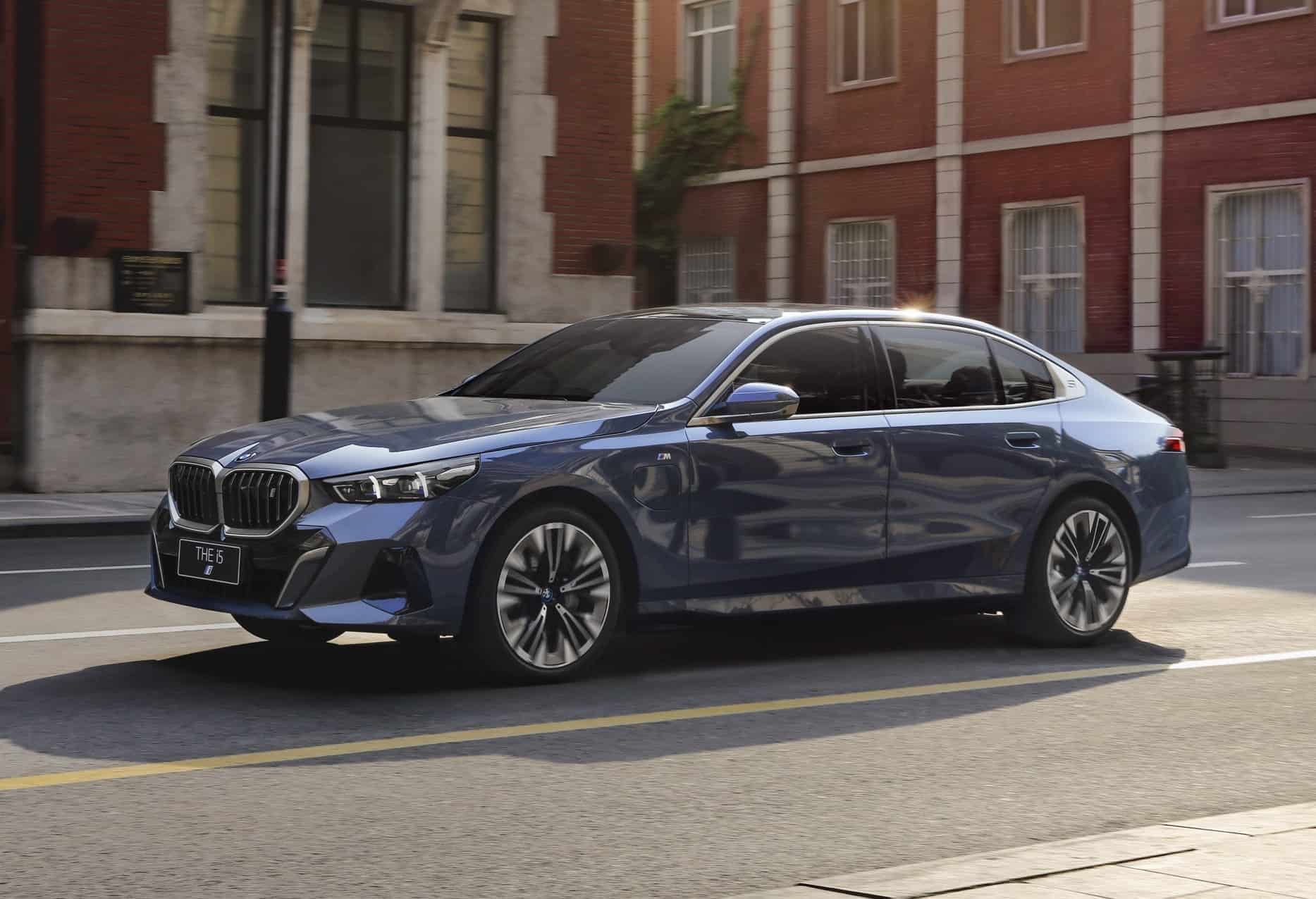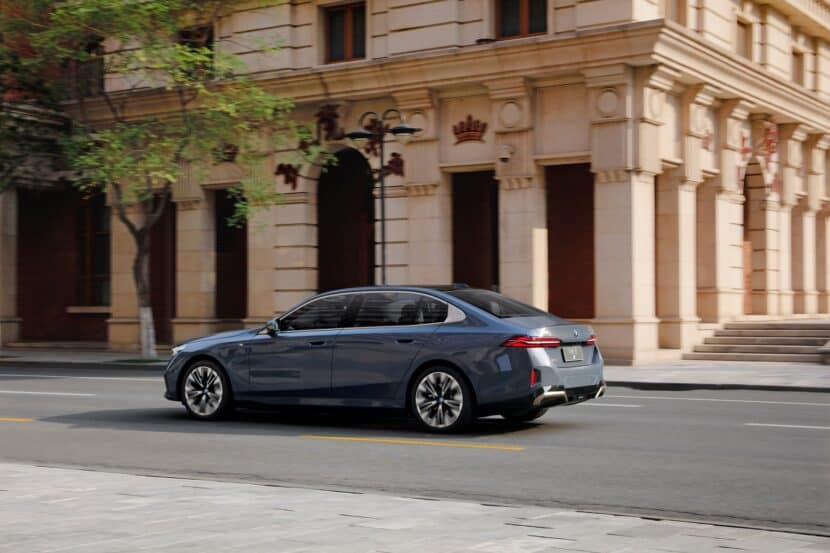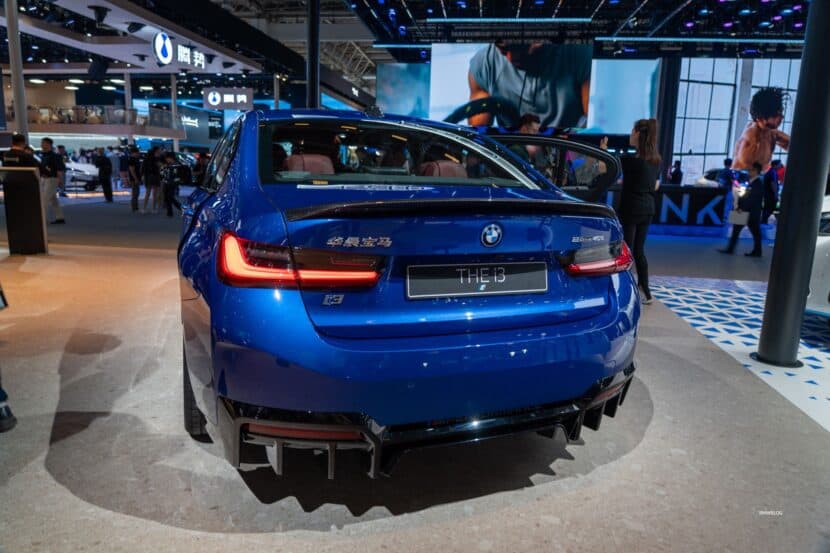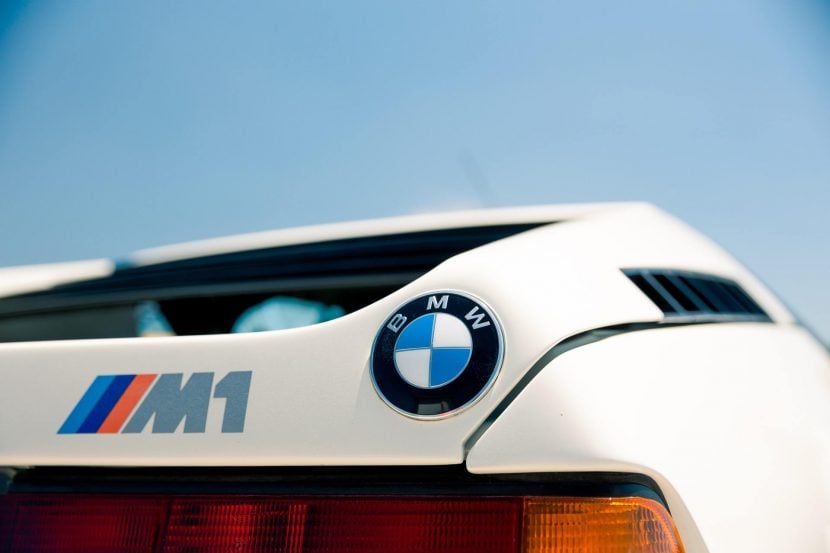2024 wasn’t exactly a good year for BMW’s branch in China. Deliveries decreased by a rather significant 13.4% to 714,530 units. Despite this major setback, China was still by far the largest individual market for the Bavarian brand. The world’s biggest luxury automaker is confident that it still has a lot to offer in an increasingly challenging market.
We spoke with BMW Group’s Head of Design about the tremendous rise of Chinese car manufacturers. Adrian Van Hooydonk is optimistic about BMW’s future in China. Some of the models from the upcoming lineup of electric vehicles based on the Neue Klasse will be localized. Not only will EVs be built there, but some will also be penned at the new Designworks studio in Shanghai.
“With the Neue Klasse, we are going to give the Chinese customers what they want. Something that is very modern, even if you don’t know our heritage, that can hold its own among all the other new players. Certainly also in terms of digital aspects of the cars.”
There’s more to it than styling and technology. Adrian Van Hooydonk told us another major advantage is that none of the newcomers “drive like a BMW.” However, customers will ultimately decide, and they will do so with their wallets. The company certainly has its work cut out, given how the likes of SAIC, Geely, and BYD are growing stronger each year.
Meanwhile, the Munich-based firm caters to its Chinese customers with several cars you can’t buy in most parts of the world. The 2 Series Gran Coupe, 3 Series, and 5 Series sedans are sold in China with stretched wheelbases, as are the X1 and X5 SUVs. The fully electric iX1 and i5 have also been elongated in the People’s Republic. Speaking of EVs, China is the only country where BMW sells an i3 sedan.
The BMW Group makes cars in China not just for the local market but also for export. The iX3 is sold in Europe and other regions, although not for long. This year, the CLAR-based model will be discontinued to make way for a Neue Klasse-based model manufactured in Debrecen, Hungary. The electric crossover will also be assembled in Mexico, but not until 2027.
The electric MINI Cooper hatch (J01) and Aceman crossover (J05) are also built in China. However, they were recently hit by the European Union’s massive tariffs, which are a double-edged sword because they also hurt some Euro brands. CEO Oliver Zipse described tariffs as “shooting yourself in the foot,” calling them “shadowy protective functions that essentially harm ourselves.” He even went so far as to say they’re a “fatal signal for the European automotive industry.”





































































